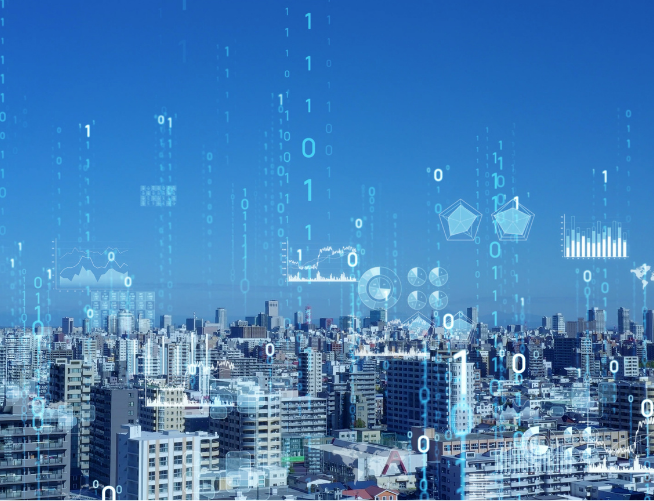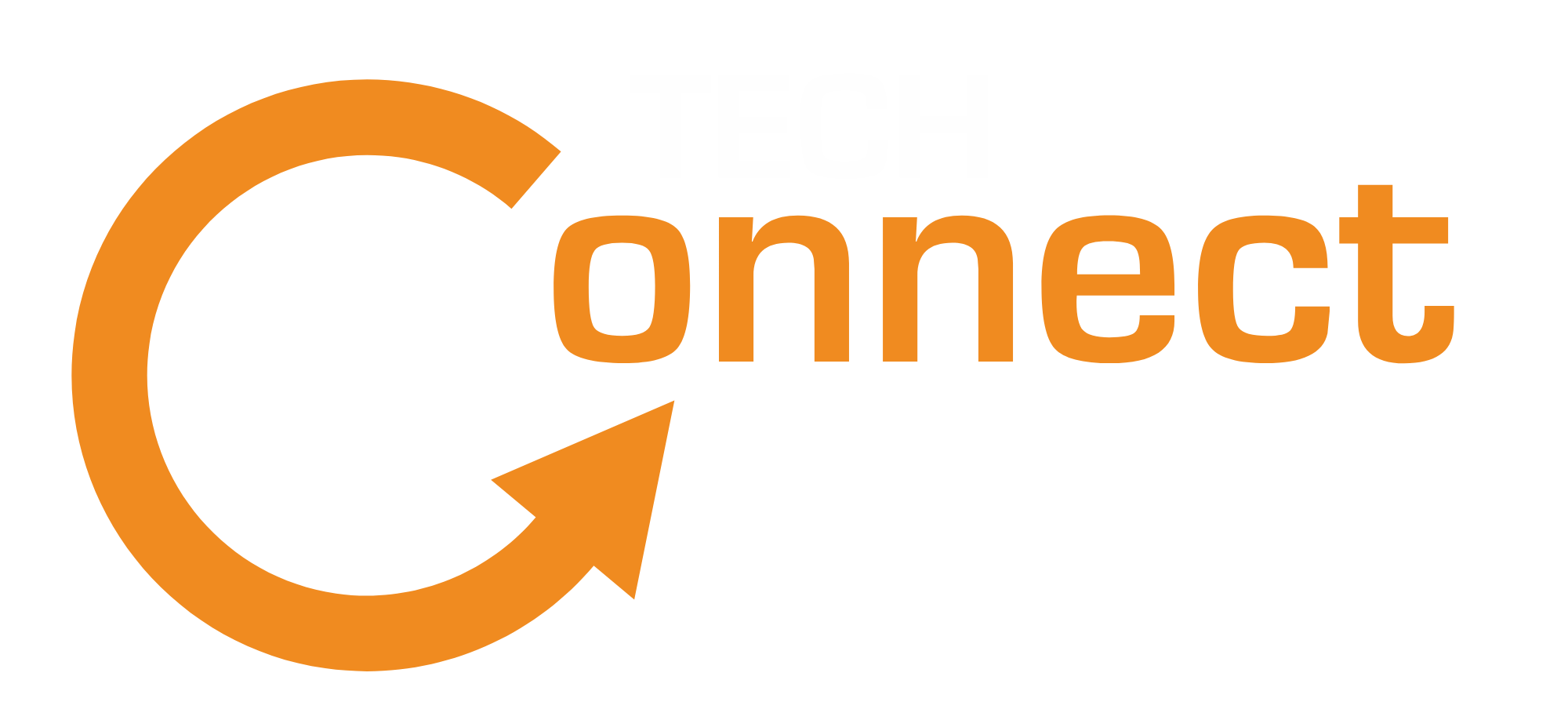Digital Transformation and Smart Cities – Are they the same?
There has been much written about Digital Transformation and probably a similar amount regarding Smart Cities. This blog will explore some of these two concepts with the focus on Smart Cities within the context of Australian Local Government Authorities (LGAs).

What should define a Digital Transformation for LGAs?

What makes a Smart City?

Is Digital Transformation a mandatory requirement of becoming a Smart City?

Defining Digital Transformation
“Digital Transformation is the integration of digital technology into all areas of a business, fundamentally changing how you operate and deliver value to customers. It’s also a cultural change that requires organizations to continually challenge the status quo, experiment, and get comfortable with failure.” – Enterprisers Project
The following definition is reasonable in this context. It is also noted that there are many and varied definitions and virtually every technology company and consultant in the technology space can “sell” you a Digital Transformation. Which adds to the confusion and is often simply a marketing definition to convince customers that in order to have a Digital Transformation you need their product!
However, for the purposes of this discussion the above definition will suffice. In order to apply this definition to LGAs requires that we allow digital technologies to impact all areas of the business. Which then requires cultural change to challenge the status quo and be comfortable with failure. So, can LGAs with a cultural conservatism and risk averse operating model truly embark on a Digital Transformation?
The same can be argued with the integration of digital technologies across all areas of the business. The fundamental business model for LGAs is to provide services to communities to enhance the lifestyle and liveability of the region. These are often services provided by all LGAs; waste collection and management, water and sewage services, road maintenance, parks, etc. So, can digital technologies fundamentally change these services?
What makes a Smart City?
Following on from the basic services – there are many more that vary by LGAs, let’s consider some which can be impacted by digital technologies. Waste collection and management are areas that we are seeing LGAs take a digital approach. Whilst these rely on civil works and physical infrastructure it is in the monitoring and maintenance of these where digital technologies are being adopted. The use of traditional SCADA systems to monitor and manage (water flow, opening and closing valves, etc) are being impacted by implementation of IoT technologies. Whilst these are performing the same basic function it is the data and information that is now becoming available where the real impacts occur. In fact, it could be argued that the data availability is the biggest impact of these systems. Perhaps then a fundamental requirement of a Smart City is not the deployment of the sensors and networks, but the ways in which they utilise the data collected by these networks and devices.
The collection of data is not sufficient we require that there are two strategies in place to make full use of this data.
A business strategy which clearly articulates the business outcomes that the LGA is pursuing, and just as importantly those that it is not. This will include areas where partnerships can be sought to deliver these services. It is also important when identifying services or outcomes that are considered valuable but NOT to be delivered by the LGA that other providers can be identified. The partnerships also need careful consideration as local businesses should be the priority as this also stimulates and provides economic growth for the region. All too often the partnerships end up being beneficial to the external party to the detriment of local providers and sacrifice regional economic development.
The second strategy that needs to underpin the business strategy is a clearly defined data strategy. This must identify data sources; internal and external, open and commercially sensitive. Next the value and custody chain for such data must be in place and agreed by all stakeholders, with privacy and ethical use paramount. The data strategy then provides the framework and processes for using data to drive the business decisions to support the business strategy. The data strategy also provides an audit and governance framework that will ensure that decisions are anchored in data driven insights.
So how do these elements combine to make a Smart City or region? By ensuring that the business outcomes are clearly articulated with robust governance and clearly identified data sources and usage, the right framework for collecting, analysing and managing the data and finally, making informed decisions from that data.
Is Digital Transformation a mandatory requirement to become a Smart City?
A digital culture is a better perspective to take rather than Digital Transformation. The problem when talking about Digital Transformation is it implies some form of caterpillar to butterfly process. In other words, the transformation happens and then everything is complete. By thinking digital culture, it implies a journey, which is exactly what becoming a Smart City or region is. It is a journey that require the organisation to adopt digital technologies as a core part of all their business processes and outcomes. Leverage the technologies available to improve and enhance community experiences and outcomes. Don’t apply digital if it makes no sense–the process of building a new community centre still require foundations to be dug, concrete to be poured, timber to be cut and roofs to be put on. These will still be an analogue or manual process. However, the location can be selected by careful analysis of data related to community expectations, citizen requests, etc.
So whilst a digital culture will drive better outcomes and informed decision making the way in which organisations such as LGAs collect and analyse data, make decisions and measure the benefits of those decisions is what will make a city of region “Smart”.





